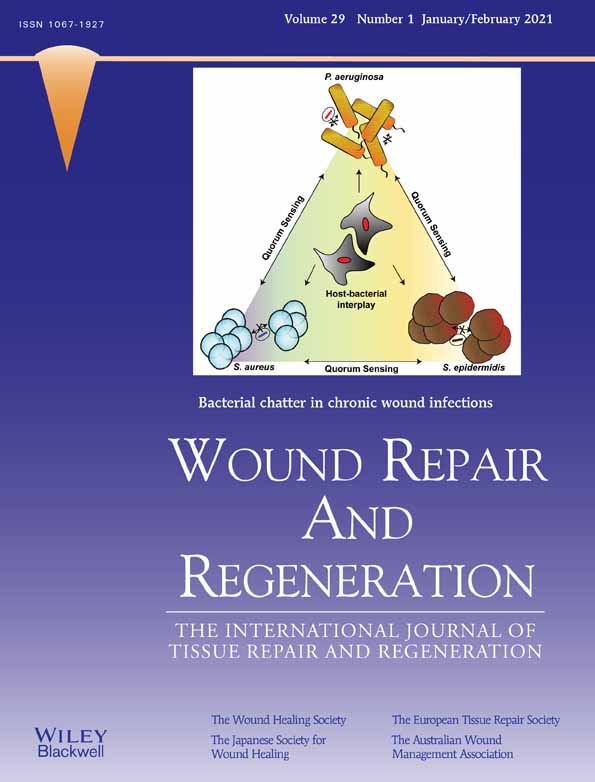Effects of platelet-rich plasma on the healing of sternal wounds: A meta-analysis
Funding information: General program of Natural Science Foundation of Beijing Municipality of China, Grant/Award Number: 7182160; Key Science and Technology Program of the General Logistics Department, Grant/Award Number: BWS14J049
Abstract
Sternal wound infection (SWI) is a devastating complication after cardiac surgery. Platelet-rich plasma (PRP) may have a positive impact on sternal wound healing. A systematic review with meta-analyses was performed to evaluate the clinical effectiveness of topical application of autologous PRP for preventing SWI and promoting sternal wound healing compared to placebo or standard treatment without PRP. Relevant studies published in English or Chinese were retrieved from the Cochrane Central Register of Controlled Trials (The Cochrane Library), PubMed, Ovid EMBASE, Web of Science, Springer Link, and the WHO International Clinical Trials Registry Platform (ICTRP) using the search terms “platelet-rich plasma” and “sternal wound” or “thoracic incision.” References identified through the electronic search were screened, the data were extracted, and the methodological quality of the included studies was assessed. The meta-analysis was performed for the following outcomes: incidence of SWI, incidence of deep sternal wound infection (DSWI), postoperative blood loss (PBL), and other risk factors. In the systematic review, totally 10 comparable studies were identified, involving 7879 patients. The meta-analysis for the subgroup of retrospective cohort studies (RSCs) showed that the incidence of SWI and DSWI in patients treated with PRP was significantly lower than that in patients without PRP treatment. However, for the subgroup of randomized controlled trials (RCTs), there was no significant difference in the incidence of SWI or DSWI after intervention between the PRP and control groups. There was no significant difference in PBL in both RCTs and RSCs subgroups. Neither adverse reactions nor in-situ recurrences were reported. According to the results, PRP could be considered as a candidate treatment to prevent SWI and DSWI. However, the quality of the evidence is too weak, and high-quality RCTs are needed to assess its efficacy on preventing SWI and DSWI.
CONFLICT OF INTEREST
The authors declare no conflict of interest.




